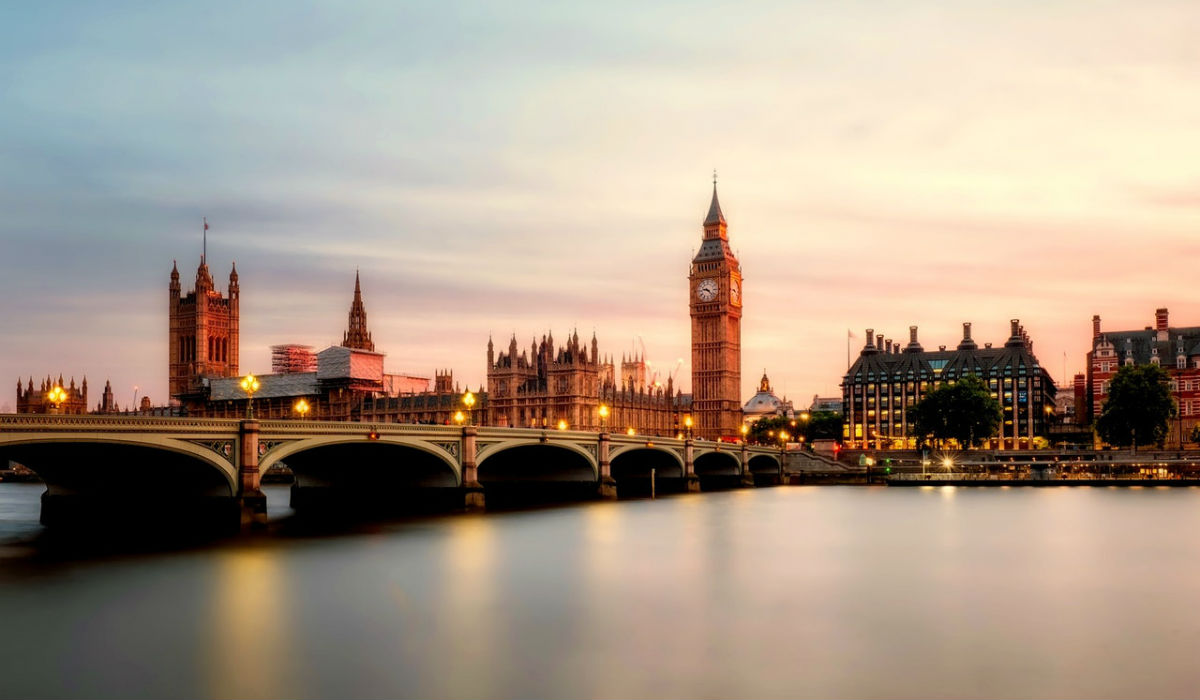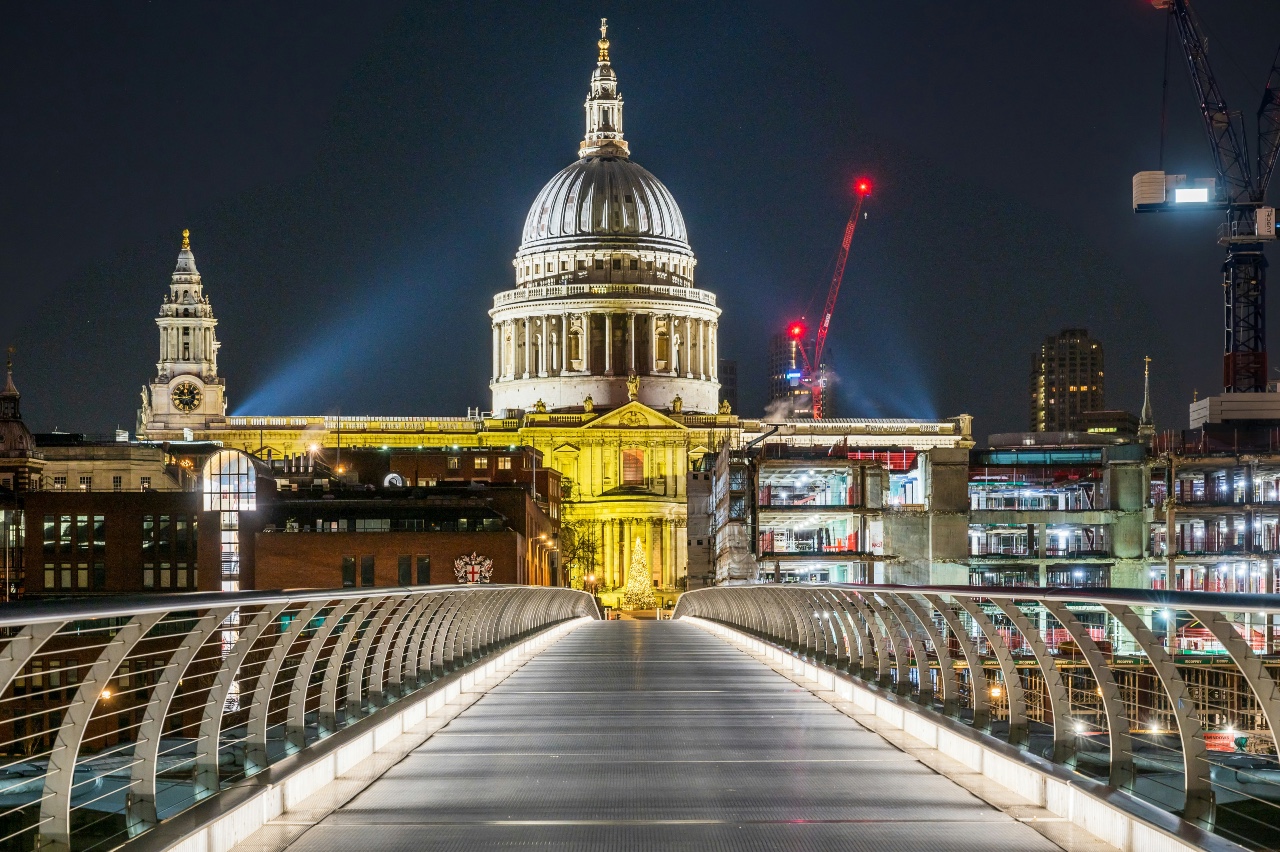Net zero: Where do the major parties stand?
This year has seen significant strides in action taken on climate change, with Greta Thunberg and Extinction Rebellion elevating the issue in the minds of the British public. It’s perhaps because of this shift in attitudes that environment will be a defining issue of the 2019 election.
It was only 5 months ago that the UK became the first major economy in the word to set a legally binding target for net zero emissions by 2050. Yet other parties are raising the bar and saying we must go further.
So what are the main party announcements on net zero, and are they deliverable?
- The Green Party makes a radical pledge for a ‘Green New Deal’ that will place the UK on track to achieve net zero by 2030. Promises include wide-reaching action on energy efficiency home improvements, a sustainable transport ‘revolution’ and training to give people skills to access millions of new green jobs. Its says a combined investment of over £100 billion a year will achieve these goals.
- Labour stops just short of a concrete pledge on achieving net zero by 2030 – instead saying that it aims to achieve the ‘substantial majority of emissions reductions’ by that date. It plans to achieve this via ’Green Industrial Revolution’ that will create one million jobs in the UK and transform industry, energy, transport, agriculture and buildings.
- The Liberal Democrats are pledging to set a new legally binding target of net zero by 2045 ‘at the latest’. The party’s manifesto says this will be achieved through a comprehensive climate action plan, ‘which includes requiring all companies registered in the UK and listed on UK stock exchanges to set targets consistent with the Paris Agreement….and to report on their implementation.’
- The SNP has already legislated to commit Scotland to reaching net zero emissions by 2045 at the latest, and being carbon neutral by 2040. These are in line with the CCC’s recommended targets for Scotland, which says that Scotland has greater potential for emissions removal for the UK overall. The legislation also commits Scotland to reduce emissions by 75 per cent by 2030 and 90 per cent by 2040 – the most ambitious statutory targets in the world for these years.
- The Conservative party is the only party sticking to the 2050 target it set in June 2019, with promises around investments in clean energy solutions and green infrastructure. While this target might seem tame in comparison to other parties, it’s the only commitment in line with the Committee on Climate Change (CCC)’s advice, who say they ‘do not currently consider it credible to aim to reach net-zero emissions earlier than 2050.’
Is net zero before 2050 possible?
CCC Chief Executive Chris Stark defended the committee’s recommendation earlier in the year, saying: “We made a really in-depth analysis of when we though net-zero was possible and appropriate under current and future technologies with cost reductions built in. Anything prior to 2050 looks very risky and would incur, probably, scrappage costs and many physical barriers [which would affect] the capital stock turnover.” A recent think tank reportechoes this stance.
Whatever the outcome of the election, many major corporates are already taking action to future proof their operations against climate change. Companies such as BT, Levi Strauss and SAP have already committed to setting science-based targets aligned to 1.5C reduction and net zero emissions for 2050.
It’s clear that businesses are ramping up for far-reaching action on climate change: and those that aren’t taking voluntary steps may soon be under pressure from ambitious policy changes.
Concept Energy is one of the UK’s leading independent carbon and water management consultancies. Get in touch if you’d like advice on achieving net zero targets and meeting carbon compliance obligations.


